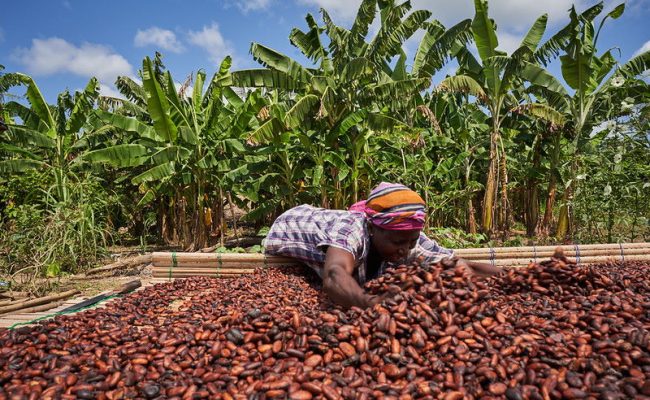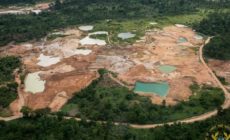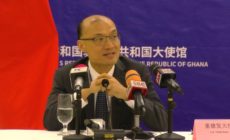COCOBOD loses GH¢4.8 billion to galamsey in Western Region
- Posted on
- Comment

According to the Ghana Cocoa Board (COCOBOD), illicit mining (galamsey) activities at Boinso in the Western Region have cost the company GH4.8 billion in investments in 35 hectares of cocoa crops.
Among other initiatives it was pursuing to increase the nation’s cocoa production, the expenditure covered the planting of new cocoa trees and plantain suckers, compensation to landowners and farmers, and extension services.
All of the cocoa trees that were planted there, according to Rev Edwin Afari, Executive Director of the Cocoa Health and Extension Division, have been felled for galamsey.
By refusing to provide concessions in cocoa-growing areas, he urged the government, the Minerals Commission, and chiefs to combat the threat and safeguard the sector. He claimed Ghana risked losing its cocoa.
“Because this is what gets us foreign exchange and shores up our Cedi when it is depreciating, and also gives the government more room to invest in all the development areas,” he said.
And to the farmers, Mr Afari noted that “the lump sum money may be good now but not in the future because cocoa is there all the time.
“If you do it well and you get 25 bags per hectare, you will be getting more money than you are getting now.”
He also expressed concern about the ageing cocoa farmer population, emphasizing the catastrophic consequences this will have on the economy and overall development.
He was concerned that despite agriculture’s enormous potential, many young people were not drawn to the industry.
He advised the youth, especially experts from various areas, to enter the cocoa business in order to make money for themselves and the nation.
The country’s aim for cocoa production this year, according to Rev. Afari, is 850,000 tonnes, up from 683,000 last year.










 (Selorm) |
(Selorm) |  (Nana Kwesi)
(Nana Kwesi)